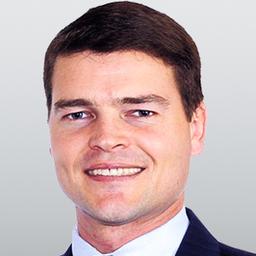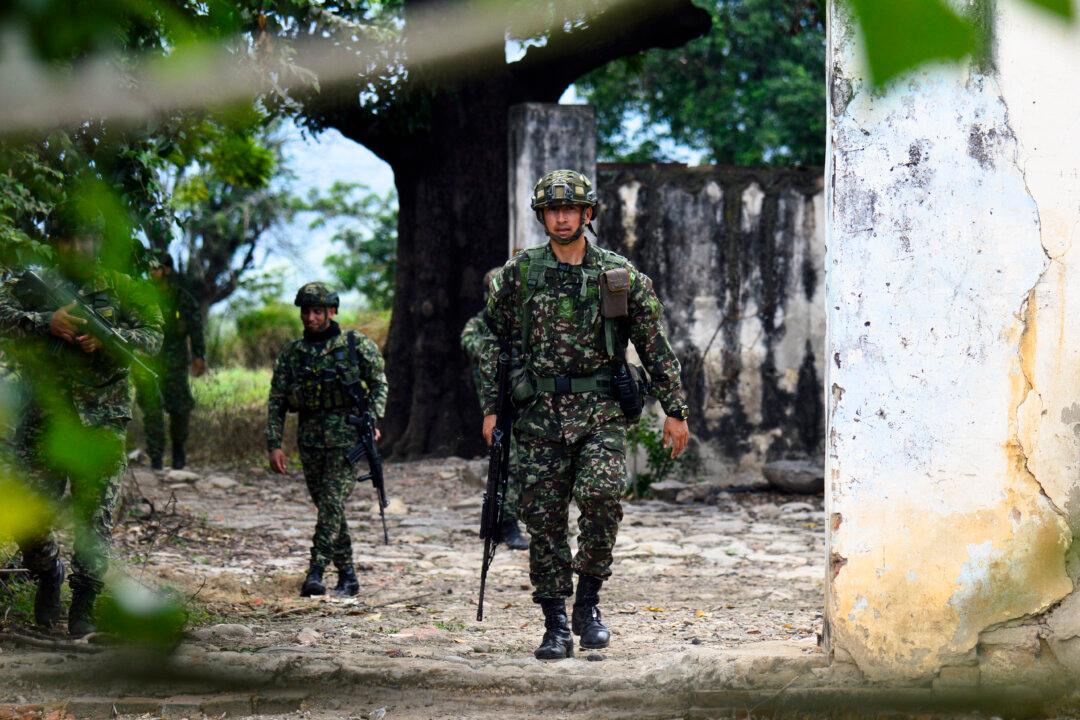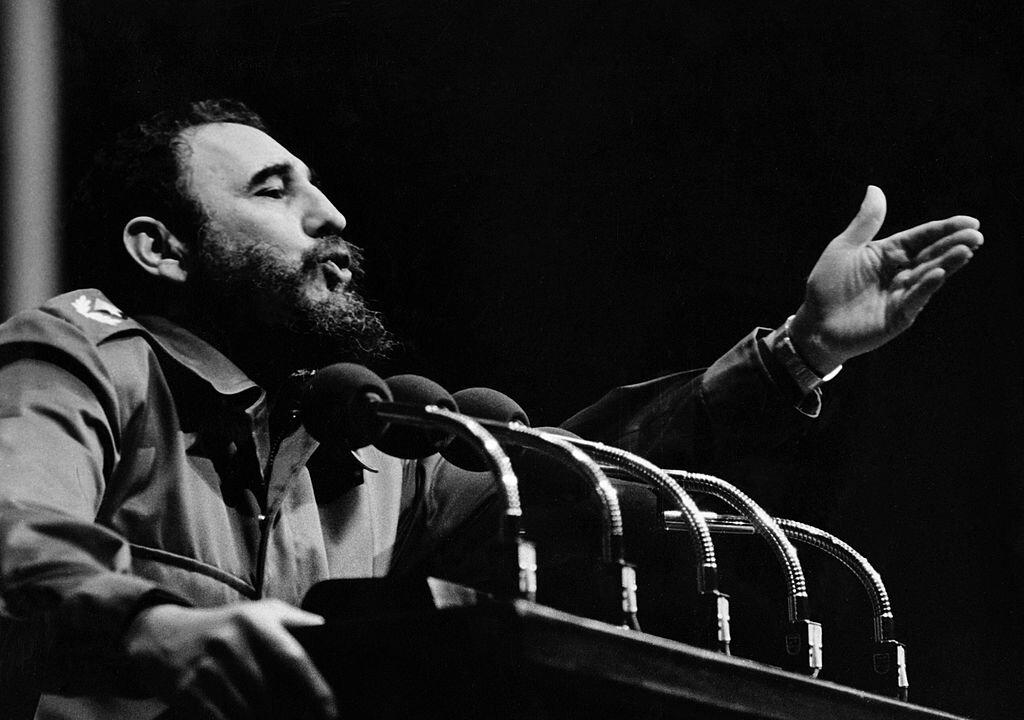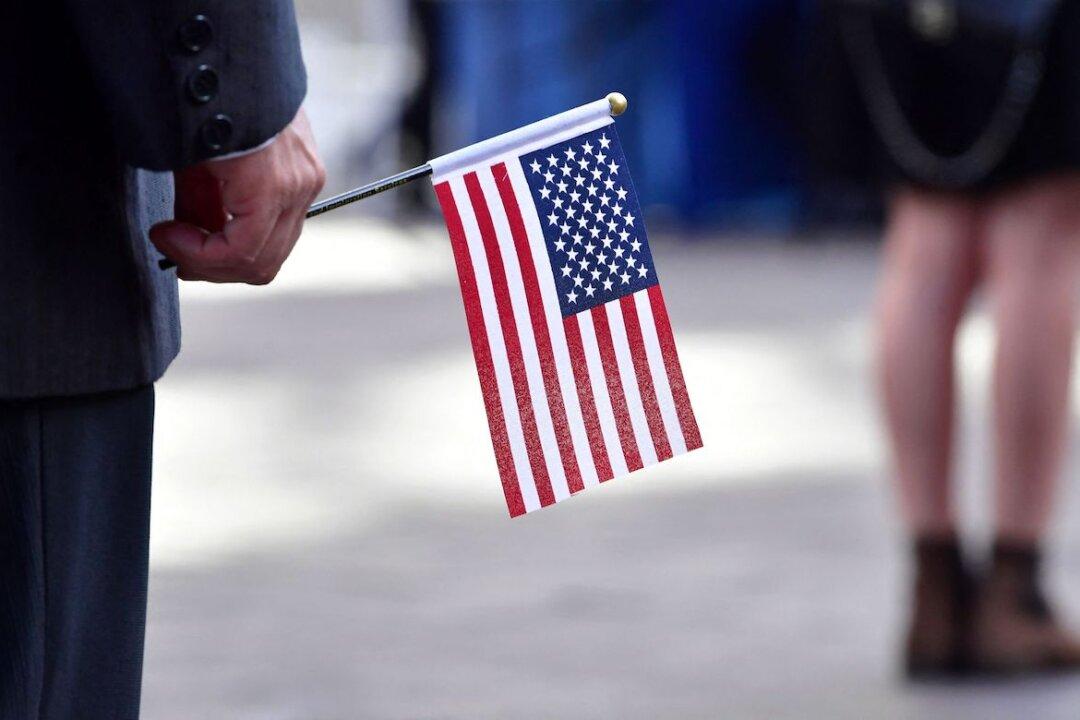The United States and its allies hold the key to Venezuela’s recovery after two decades of socialist devastation. Their diplomatic support can make or break the campaign to establish Juan Guaidó as the legitimate and recognized president.
The defiant 35-year-old industrial engineer chairs Venezuela’s National Assembly, the opposition-led legislature that Nicolás Maduro’s dictatorship refuses to recognize. As explained by columnist and political scientist María Teresa Romero, the National Assembly is the last vestige of democracy left in the government under Chavista rule.





